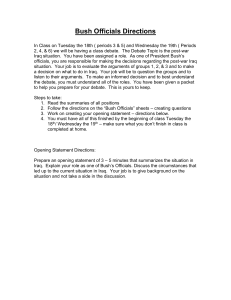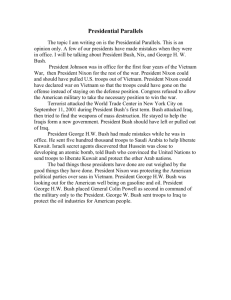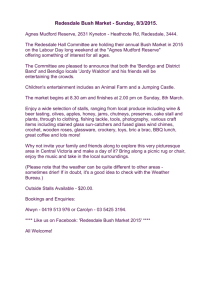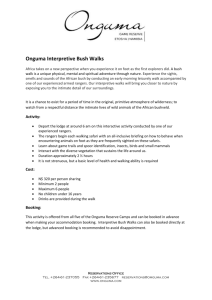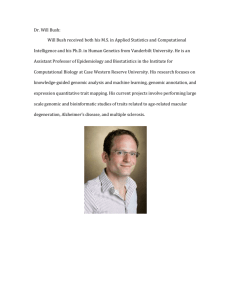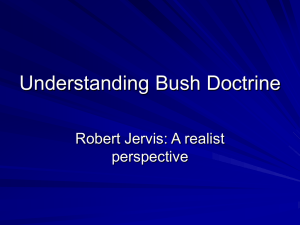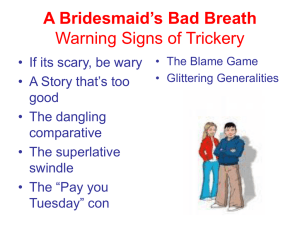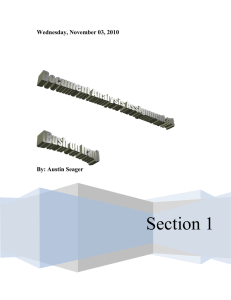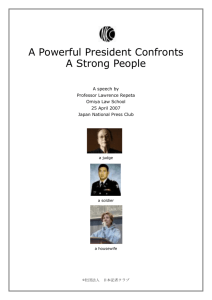PE 561: MOTIVATION IN SPORT & LEISURE
advertisement
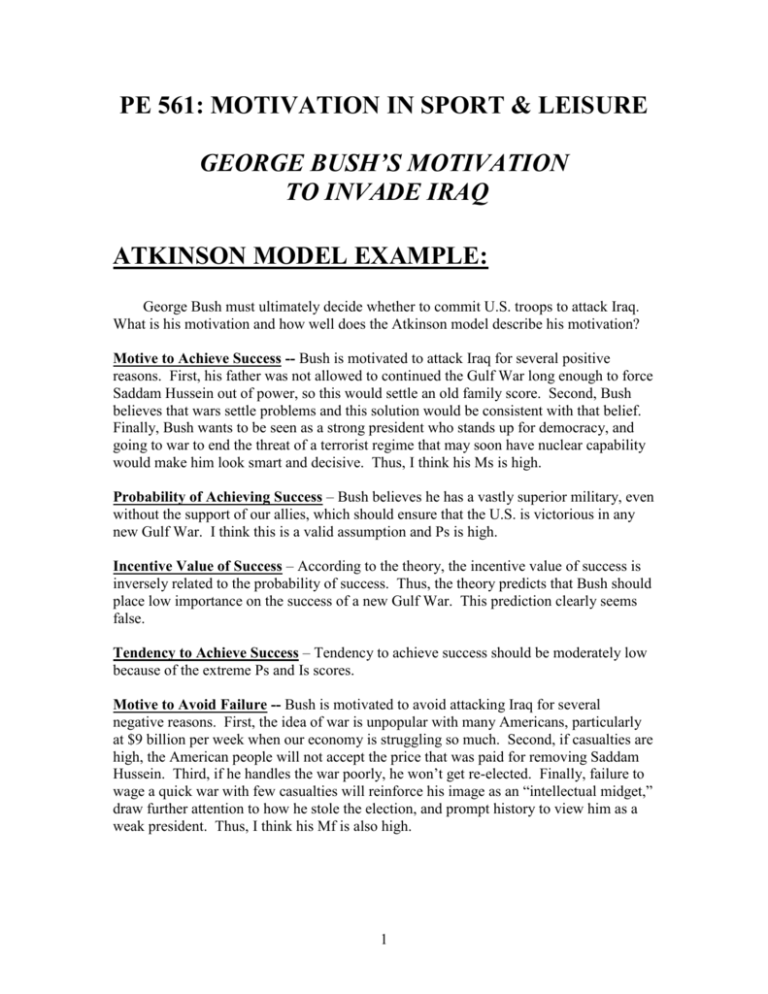
PE 561: MOTIVATION IN SPORT & LEISURE GEORGE BUSH’S MOTIVATION TO INVADE IRAQ ATKINSON MODEL EXAMPLE: George Bush must ultimately decide whether to commit U.S. troops to attack Iraq. What is his motivation and how well does the Atkinson model describe his motivation? Motive to Achieve Success -- Bush is motivated to attack Iraq for several positive reasons. First, his father was not allowed to continued the Gulf War long enough to force Saddam Hussein out of power, so this would settle an old family score. Second, Bush believes that wars settle problems and this solution would be consistent with that belief. Finally, Bush wants to be seen as a strong president who stands up for democracy, and going to war to end the threat of a terrorist regime that may soon have nuclear capability would make him look smart and decisive. Thus, I think his Ms is high. Probability of Achieving Success – Bush believes he has a vastly superior military, even without the support of our allies, which should ensure that the U.S. is victorious in any new Gulf War. I think this is a valid assumption and Ps is high. Incentive Value of Success – According to the theory, the incentive value of success is inversely related to the probability of success. Thus, the theory predicts that Bush should place low importance on the success of a new Gulf War. This prediction clearly seems false. Tendency to Achieve Success – Tendency to achieve success should be moderately low because of the extreme Ps and Is scores. Motive to Avoid Failure -- Bush is motivated to avoid attacking Iraq for several negative reasons. First, the idea of war is unpopular with many Americans, particularly at $9 billion per week when our economy is struggling so much. Second, if casualties are high, the American people will not accept the price that was paid for removing Saddam Hussein. Third, if he handles the war poorly, he won’t get re-elected. Finally, failure to wage a quick war with few casualties will reinforce his image as an “intellectual midget,” draw further attention to how he stole the election, and prompt history to view him as a weak president. Thus, I think his Mf is also high. 1 Probability of Avoid Failure – Bush believes that even with his vastly superior military, the possibility of the war dragging on, having high casualties, and costly a lot of money are high, even if we win the war. Thus, I believe Pf is high too. Incentive Value of Failure – According to the theory, the incentive value of failure is inversely related to the probability of failure. Thus, the theory predicts that Bush should place low importance on the failure of a new Gulf War. This prediction clearly seems false. Tendency to Avoid Failure – Tendency to avoid failure should be high because of the extreme Ps and Is scores and the negative nature of failure. Overall Resultant Achievement Motivation – The theory predicts that overall motivation is Ts minus Tf. (i.e., 30-70 = -40). In this case, Tf is higher than Ts, so the theory predicts that Bush’s motivation should be to moderately negative. In other words, he should have a moderate tendency not to attach Iraq because the concerns about failing should outweigh the incentives to succeed. CRANDALL MODEL EXAMPLE: Expectancy (EX) – Bush expects to win the war quickly and decisively with a minimal loss of American lives. Minimal Standard (MS) – Bush’s minimal standard is what the American people will accept in terms of cost, length of war, ultimate outcome in Iraq, and cost to the American taxpayer. Because of the lukewarm support for this war, I think Bush’s minimal standard has been pushed quite high. Attainment Value (AV) – For the reasons listed above, I believe that fighting and winning this war is extremely important to Bush. Behavior Potential (BP) – According to Crandall, overall motivation involves subtracting MS from EX and then multiplying by AV. In this case, I think MS is higher than EX so motivation is negative. AV is high, thus producing high negative motivation to attack Iraq. 2
